UMMC Department of Surgery celebrates 70 years
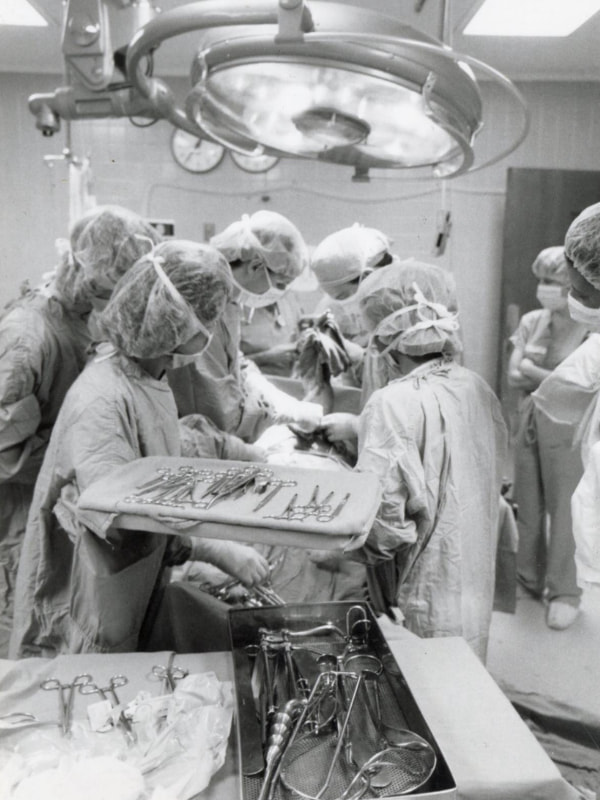
Editor’s Note: To commemorate the University of Mississippi Medical Center’s 70th anniversary, we will feature a series of stories throughout the year on the original School of Medicine departments established in 1955.
After receiving a liver transplant at the University of Mississippi Medical Center in 2018, Kimberly Cooley of Duck Hill is back to living a full and active life—shooting sports photography in Grenada, cheering at her nephews’ school games and planning her next knee surgery after a successful partial replacement at UMMC in April.
“I’m healthy enough to really show up in my nephews’ lives, which means a lot of sports and school events—you know, the critically important things in life,” Cooley said.
Cooley, a communications consultant who has been taking her lifelong love of photography more seriously post-transplant, credits her care team at UMMC with giving her the chance to be present for the moments that matter.
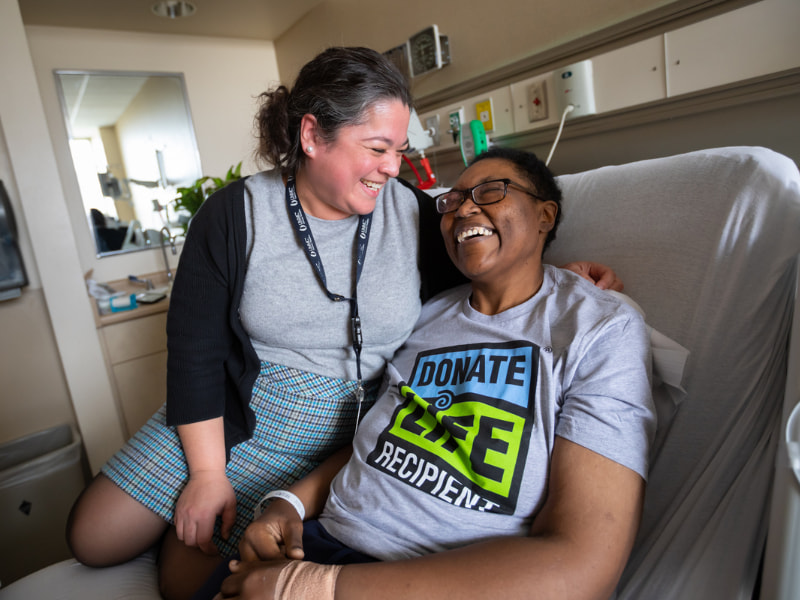
Stories like hers aren’t rare at UMMC. Over the last seven decades, the Medical Center’s Department of Surgery has helped thousands of patients like Cooley navigate their hardest moments and come out stronger on the other side.
This year, the department marks 70 years of surgical innovation and patient-centered care in Mississippi. The Department of Surgery opened in 1955 under inaugural chair Dr. James D. Hardy and began with just a handful of faculty and an ambitious vision: to make world-class surgery accessible to the people of Mississippi.
It didn’t take long to make history. In 1963, Hardy and his team performed the world’s first human-to-human lung transplant. The patient, John Russell, lived 18 days after the procedure. The following year, Hardy pushed boundaries again by performing the first heart transplant into a human, using a chimpanzee heart. Though the patient survived for just over an hour, the bold attempt opened doors for future advancements in heart transplantation—and cemented UMMC’s reputation as a national surgical leader.
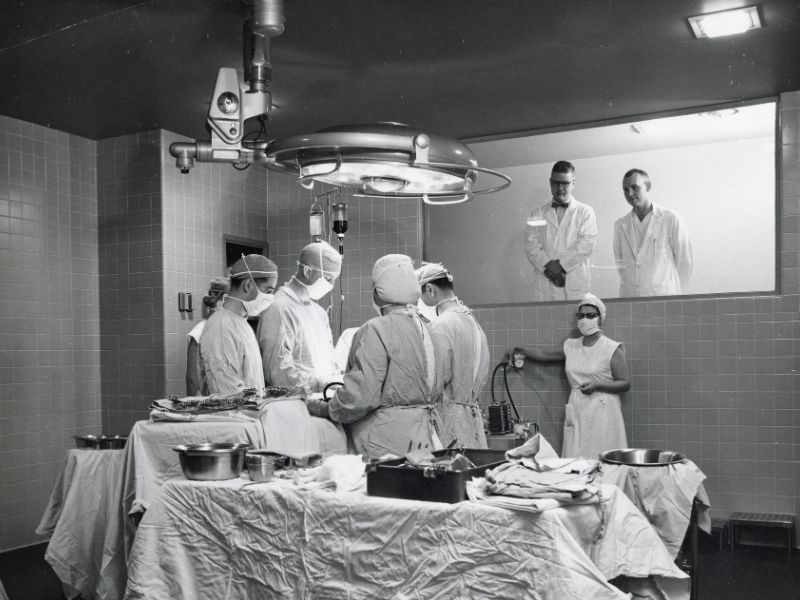
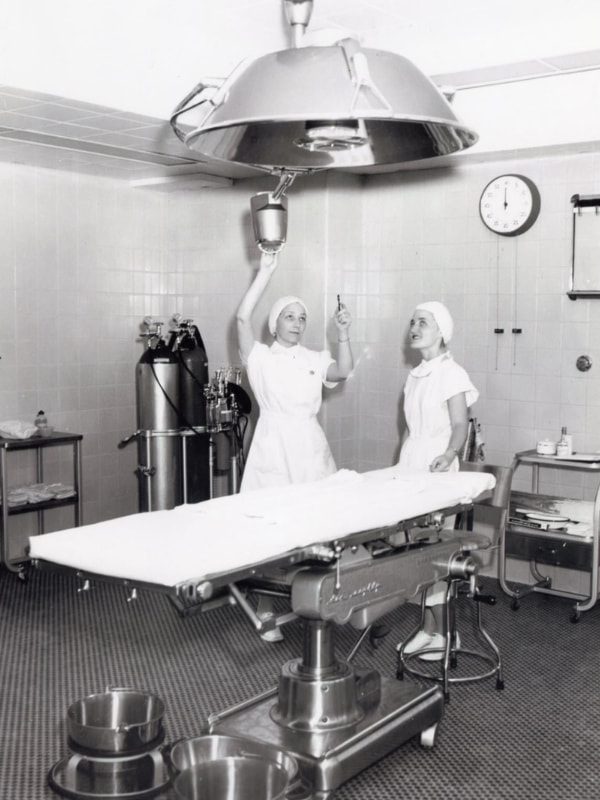
Through the 1970s and 1980s, the department continued to grow. In 1972, Dr. Carlos Manuel Chavez performed the first coronary artery bypass surgery in Mississippi, improving survival for patients with heart disease. By the late ‘80s, the team had completed a double lung transplant that left the heart in place—a highly complex operation that spoke to the department’s growing expertise in multi-organ procedures and critical care.
The 1990s brought the launch of Mississippi’s only comprehensive transplant program, expanding access to heart, kidney, liver and pancreas transplants. Before then, many Mississippians had to travel out of state to receive care.
By 2007, UMMC had completed 1,000 organ transplants, and by 2022, that number was tripled—a living donor kidney transplant marking the 3,000th procedure.
The department also continues to lead in multi-organ transplants, including a landmark heart-liver transplant in 2018 that replaced both organs in a single surgery.
In 2024, UMMC performed a historic seven-way kidney swap, connecting seven donors and seven recipients, the largest kidney exchange ever conducted at the Medical Center and one of the largest single-site exchanges in the nation. Among the recipients was longtime football coach at Madison-Ridgeland Academy Herbert Davis, who received a new kidney and renewed lease on life.
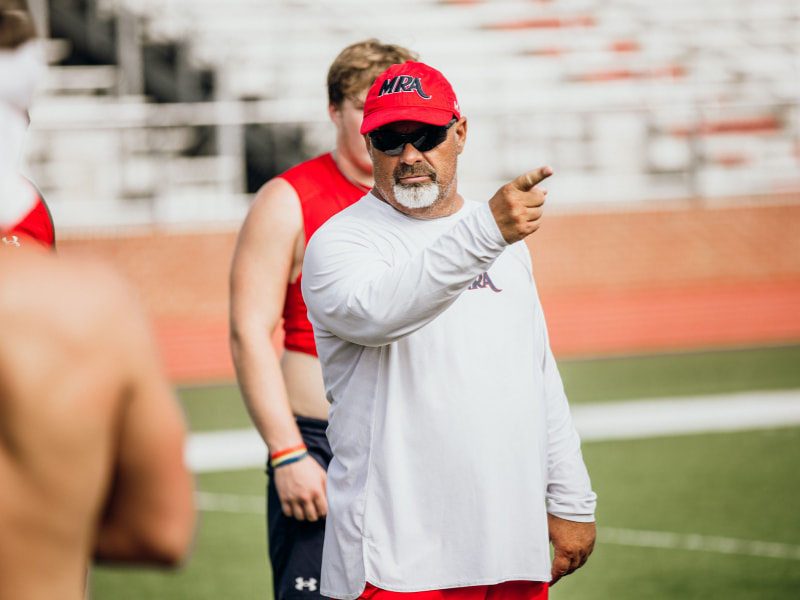
“Lots of people said to go other places,” Davis said. “But I don’t know how there could have been anyone who could have performed better than UMMC. The personal relationships of all the doctors and nurses showed they cared. And the medical care—the decisions, the timing, the precision—it was all spot on. UMMC did it right.”
Davis said what he is looking forward to the most this football season is being back on the field, watching his players grow.
“Just having the energy again—to have fun, to enjoy coaching—that’s what I’m thankful for,” he said. “Football is truly my passion.”
Across its 12 surgical divisions—from general and cardiac surgery to pediatric, plastic, oncology and urology—the department has never lost sight of what matters most: giving patients the best care possible, close to home.
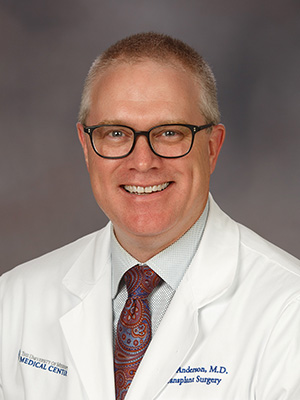
“We’re proud of what our teams have built,” said Dr. Christopher Anderson, department chair and James D. Hardy Chair of Surgery. “Whether it’s a child needing a congenital heart repair or an adult facing a complex cancer diagnosis, we want patients to know they can get the care they need right here in Mississippi.”
Anderson, who joined UMMC in 2011, has overseen a decade of growth. Today, it remains the only hospital in the state offering pediatric surgery in all major subspecialties. It also leads in minimally invasive endoscopic esophageal surgeries, single port robotic urologic surgeries, complex lung, liver, pancreas and rectal cancer operations and complex microvascular free flap reconstruction for certain cancer resections—many of which aren’t offered anywhere else in Mississippi.
Just this year, The Jabaley-Songcharoen Center for Hand, Upper Extremity and Nerve Surgery at the Medical Center earned accreditation as the first-ever Center of Excellence in Hand Surgery.
The department’s general residency program has also grown more competitive, attracting medical graduates from across the country, eager to train in an environment known for its diversity of cases and the opportunity to learn from compassionate mentors.
“We have a wonderfully talented faculty, dedicated residents and advanced practice providers who care deeply about what they do,” Anderson said. “We’re always thinking about how we can expand access, raise the quality of care and train more surgeons to serve Mississippi communities.”
As the department enters its seventh decade, one thing remains clear: the commitment to bringing the most advanced care to the people who need it most.


